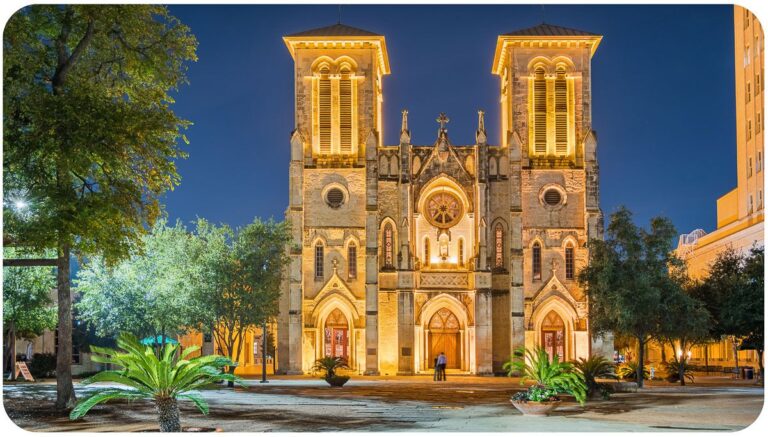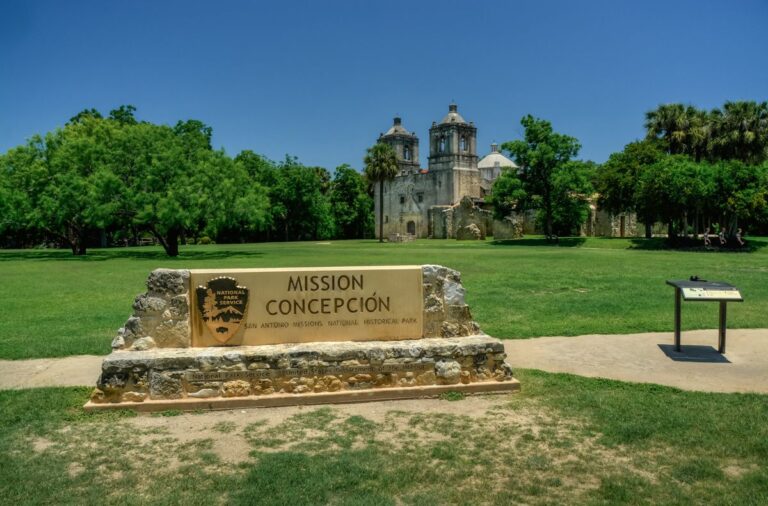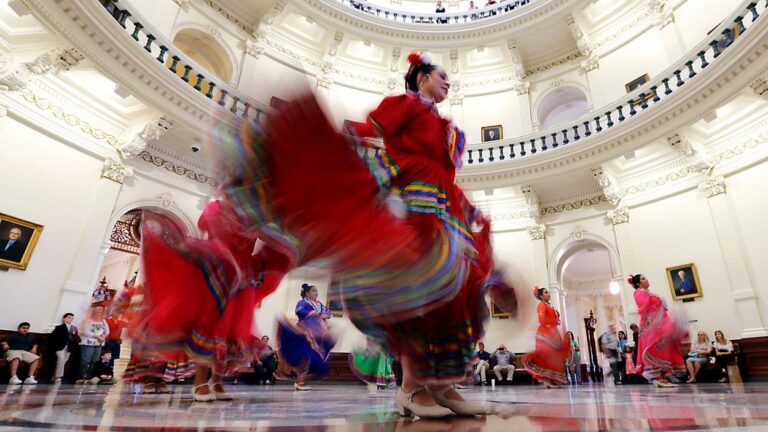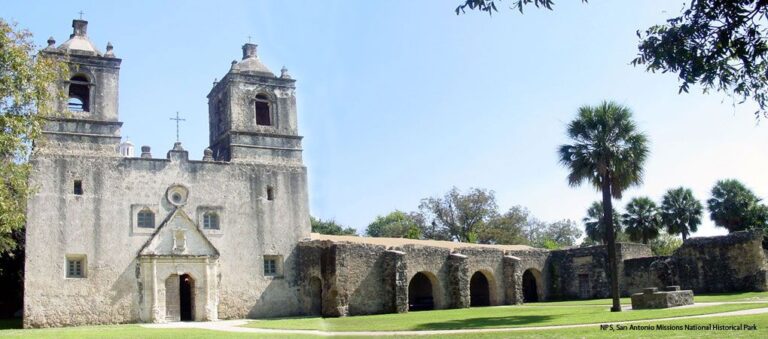The Importance of Family in Texan Culture
Family is at the heart of Texan culture, deeply woven into its traditions, values, and daily life. Across its vast landscape, from bustling cities to quiet rural towns, family ties serve as the foundation of community, offering strength and stability. Texans pride themselves on their commitment to family, seeing it not just as a personal priority but as a cornerstone of their identity.
In this article, we explore the profound role family plays in Texan culture, examining how traditions, community bonds, and diverse influences shape this essential aspect of life in the Lone Star State. We’ll also look at the challenges facing modern families in Texas and the innovative ways they adapt while maintaining their strong values.

Source: filcanmagazine
Family Traditions: The Heartbeat of Texan Culture
Texas is renowned for its rich and diverse traditions, most of which are rooted in family life. Whether it’s a summer barbecue or a holiday feast, Texans see these gatherings as more than events—they’re sacred opportunities to connect, share stories, and strengthen bonds across generations.
The Importance of Food in Family Life
Food is a central element in Texan family traditions, serving as both a source of nourishment and a way to bring people together. Texans are passionate about their culinary heritage, from smoked brisket and chili to tamales and kolaches, each dish telling a story of the state’s history and culture. Preparing and sharing these meals is often a family affair, involving parents, children, and even grandparents working together to preserve recipes passed down through generations.
For example, many Texan families maintain the tradition of Sunday dinners, a weekly ritual where everyone gathers around the table to enjoy a homemade meal. These moments provide not only sustenance but also a chance for family members to reconnect and discuss the week’s highs and lows. It’s during these meals that values like respect, gratitude, and hard work are often reinforced.
Holiday Celebrations That Unite Generations
Holidays in Texas are another time when family takes center stage. Christmas, Thanksgiving, and Easter are celebrated with large gatherings that often include extended family and close friends. Many Texans have unique traditions, such as hunting trips on Thanksgiving morning or lighting luminarias during Christmas.
Texan families also celebrate their heritage through events like Día de los Muertos (Day of the Dead), which honors ancestors and deceased loved ones with altars, offerings, and family gatherings. These customs not only preserve cultural identity but also teach younger generations the importance of remembering and respecting those who came before them.
Family and Community: A Deep Connection
In Texan culture, the concept of family extends far beyond the immediate household. Texans view their neighbors, friends, and community as an extension of their family. This strong sense of interconnectedness is evident in the way Texans rally around one another in times of need, whether it’s helping rebuild after a hurricane or organizing a fundraiser for a local cause.
Community Events and Family Participation
Community events in Texas are often family-centric, providing opportunities for everyone to come together. Rodeos, county fairs, and town parades are quintessentially Texan events that highlight this connection. For instance, the Texas State Fair in Dallas attracts families from across the state who come to enjoy food, music, and activities that cater to all ages.
Smaller community gatherings, such as high school football games, also play a significant role. In Texas, Friday night lights are more than a sports tradition—they’re a communal event where families bond over a shared love of the game and their community.
The Role of Faith in Family and Community Life
Religion is another pillar of Texan family culture. Churches serve as hubs for family gatherings, spiritual growth, and community support. Sunday services, Bible studies, and church potlucks are common ways for families to stay connected. For many Texans, faith and family are inseparable, and religious values often guide family decisions and traditions.

Diverse Cultural Influences on Texan Families
Texas is a melting pot of cultures, each contributing unique perspectives and traditions that enrich family life. From the Mexican influence in the south to German and Czech communities in Central Texas, diversity is one of the state’s greatest strengths.
Hispanic Contributions to Family Culture
Hispanic culture has a profound impact on Texas, particularly in regions like San Antonio, El Paso, and the Rio Grande Valley. In Hispanic families, familismo—a cultural emphasis on family loyalty and close-knit relationships—is deeply valued.
Family gatherings often include multiple generations, with grandparents playing a significant role in raising children. Celebrations like quinceañeras (15th birthday celebrations for girls) and Las Posadas (a Christmas tradition) exemplify how family and faith intersect in Hispanic traditions.
European Heritage and Family Traditions
The German and Czech immigrants who settled in Central Texas left a lasting mark on family culture. Traditions such as Oktoberfest, polka dancing, and sausage-making bring families together in celebration of their heritage. Many families in these regions still preserve the languages and customs of their ancestors, passing them down to younger generations.
African American Family Life in Texas
African American families in Texas have contributed significantly to the state’s culture, particularly through traditions of storytelling, music, and faith. Events like Juneteenth, which originated in Texas, are not only historical commemorations but also opportunities for families to celebrate resilience and unity.
Modern Challenges Facing Texas Families
Despite the strong emphasis on family, modern life presents challenges that can strain traditional family dynamics. Urbanization, technology, and changing societal norms have introduced new complexities, requiring families to adapt.
The Impact of Urbanization
As Texas cities like Austin, Dallas, and Houston continue to grow, many families face the challenge of maintaining close relationships while juggling busy schedules. Long commutes, demanding jobs, and the high cost of living can make it difficult for families to spend quality time together. However, Texans are finding creative solutions, such as virtual gatherings and prioritizing family vacations, to bridge the gap.
Technology and Family Interaction
While technology can sometimes create barriers to face-to-face interaction, it also provides tools for staying connected. Many Texan families use video calls, messaging apps, and shared calendars to coordinate their lives and keep in touch, especially when living far apart.
Evolving Family Structures
Modern Texas families are diverse, including single-parent households, blended families, and same-sex couples. These evolving structures reflect broader societal changes, yet they remain united by the Texan values of love, respect, and support.
Why Family Is Central to Texan Identity
Family remains the cornerstone of Texan culture because it provides a sense of identity, stability, and continuity. In a state that values tradition and community, family serves as the anchor that keeps individuals grounded, offering support through both triumphs and challenges.
A Legacy of Resilience
Texans are known for their resilience, a trait often nurtured within the family. Whether it’s weathering natural disasters like hurricanes or facing personal hardships, families provide the strength and support needed to overcome obstacles. This resilience is celebrated in stories passed down through generations, teaching younger Texans the importance of perseverance.
The Role of Family in Shaping Future Generations
Family is also vital for instilling values in future generations. In Texas, parents and grandparents play a significant role in teaching children about the state’s history, culture, and traditions. By emphasizing values like hard work, respect, and kindness, families ensure that the next generation carries forward the Texan spirit.
Conclusion
Family is the heartbeat of Texan culture, influencing every aspect of life from traditions and community ties to resilience and adaptability. Whether it’s through cherished rituals, diverse cultural influences, or modern adaptations, families in Texas remain a source of love, strength, and identity.
As the Lone Star State continues to grow and evolve, its commitment to family ensures that the values of unity, tradition, and community remain strong for generations to come. Texans’ enduring dedication to family not only defines their culture but also serves as an example of how family can be a unifying force in an ever-changing world.





















